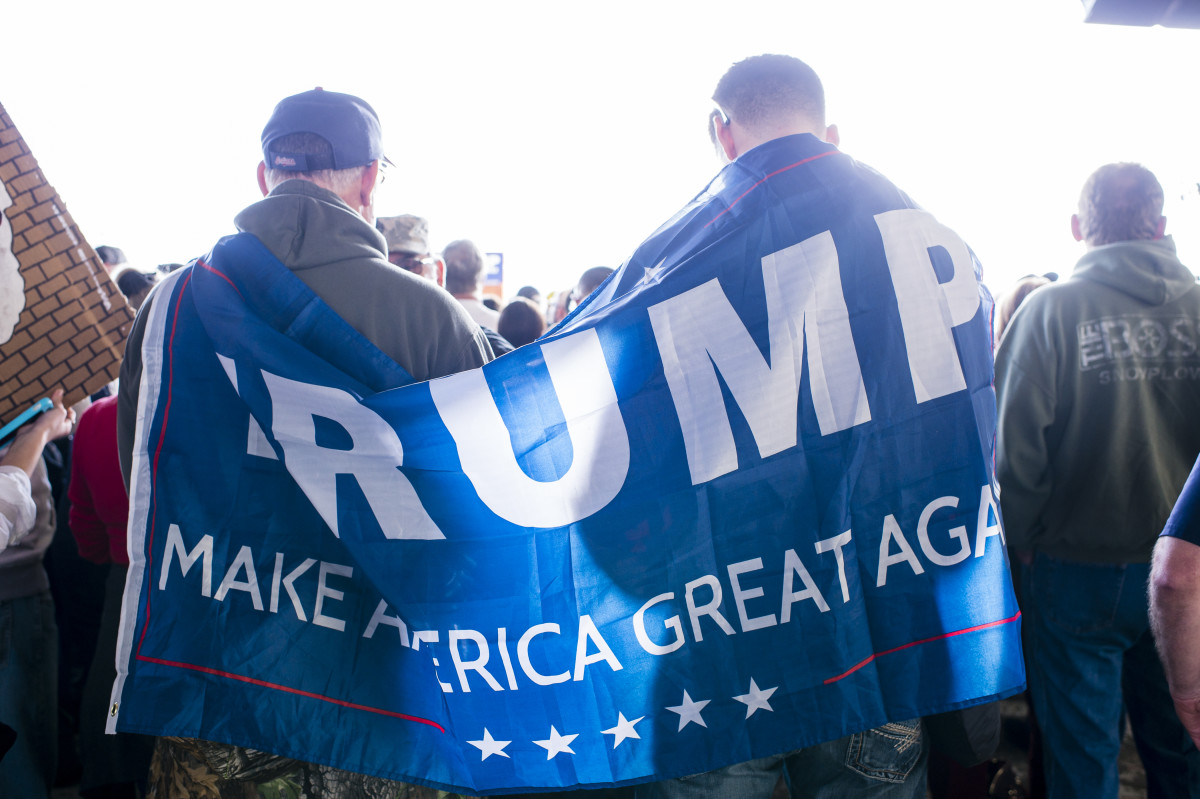With Eyes Wide Shut
(Russia) on 1 November 2017
by Joseph Linder (link to original)
The recent Manhattan terrorist incident, in which eight people died, according to the latest information, once again confirms that even the most serious security measures do not protect against such attacks, despite the fact that after 9/11, many measures were taken to strengthen security in America. In the U.S., the very concept of national security was changed, special services switched to methods of total surveillance and control, and the USA PATRIOT Act and other similar measures were adopted.* Indeed, all this gave full carte blanche to the two dozen U.S. intelligence agencies. However, they were unable to cope with the threat. There are two main reasons for that: U.S. foreign policy which places a stake on radical elements, and America’s sense of its own uniqueness and special position in the world.
According to available information, the recent New York act of terrorism was committed by an immigrant from Uzbekistan. Technically, this is a natural result of the policy that Washington has been pursuing in that region for approximately 40 years. Originally, the United States made a bet on al-Qaida (the organization is banned in Russia) to counter the Soviet troops in Afghanistan. After the collapse of the Soviet Union, terrorists spread across Central Asia, and the radicalization of this region is now obvious. Moreover, this was done with the support of U.S. special services, under a tacit agreement and with appropriate ideological preparation of the very terrorist organization leaders who have become famous today all over the world.
However, the U.S. lost control of this strategy it created, evidenced by the attacks on the twin towers in New York. Washington tried to come up with reasons, although these reasons were not entirely convincing. And already in Afghanistan, Iraq and Syria, the most radical elements again became the main conductors of American strategy. There is more than enough evidence that the U.S. cooperated with the Islamic State. (The Islamic State is banned in Russia.) However, the U.S. just keeps making the same mistakes. Fortunately, on a much smaller scale. It remains a fact that Sayfullo Saipov, the person who committed the attack, carried it out on behalf of the Islamic State group, according to a note in his car.
Another problem is the U.S. sense of its own uniqueness, a belief that is historically peculiar to the ruling elite. This feeling of infallibility and of having been chosen that supposedly places Americans above others in the world, in practice only leads to Washington's vulnerability. It’s quite clear that the United States is not willing to fully cooperate with other countries on questions of security issues. And above all, they do not want to have anything to do with Russia, which maintains the best practices and has had ample opportunity to prevent attacks. Suffice it to say that Moscow, through the appropriate channels, warned U.S. intelligence agencies about the risk of a terrorist attack at the Boston Marathon in 2013. Then, as a result of the actions of the Tsarnaev brothers, three people were killed, and 282 were injured. Although, of course, we should not forget that even Russia, as well as the intelligence agencies in Great Britain and Germany, warned Washington about preparations for the 9/11 attack. The U.S. preferred to close its eyes to those warnings.
Currently, in a period of anti-Russian hysteria, there is no need to talk about full cooperation among intelligence agencies. Almost all of the U.S. agencies and their core activities are actively directed at an internal political struggle that is taking place between the Democratic political establishment, parts of the Republican Party and President Donald Trump’s administration. No one wants to "tarnish" their image by cooperating with Moscow in such a situation and thereby jeopardize their political future. Most likely it will be possible to blame Russia for this recent terrorist act. It does not matter that such blame does not reflect reality. It is important that this will increase political advantage.
There is no escaping the fact that ordinary citizens of the United States will continue to become objects of terrorist attacks because of the higher political battles taking place.
*Editor’s note: The USA PATRIOT Act was signed into law by George W. Bush on Oct. 26, 2001, and stands for “Uniting and Strengthening America by Providing Appropriate Tools Required to Intercept and Obstruct Terrorism.”


